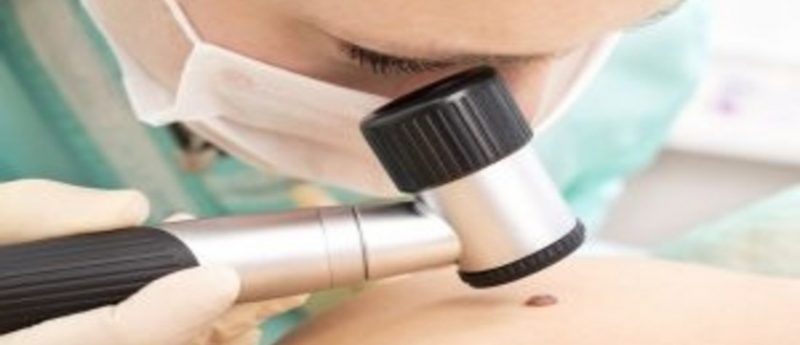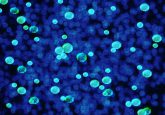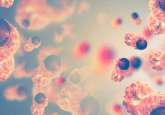Nicotinamide could decrease additional nonmelanoma skin cancers in high-risk patients

New research from the University of Sydney (Sydney, Australia) has demonstrated that a year of treatment with nicotinamide, a form of vitamin B3, can significantly lower the risk of common nonmelanoma skin cancer in high-risk patients with a history of skin cancer.
Recently published in the New England Journal of Medicine, the treatment regimen utilized in the study reduced the incidence of new nonmelanoma skin cancers by 23% compared with placebo controls and decreased the incidence of precancerous sun spots by approximately 15%.
It is hoped these findings, coupled with the fact that nicotinamide is safe and affordable, will decrease the health burden and economic cost of skin cancer, which is the most common cancer among fair-skinned populations worldwide.
In Australia, nonmelanoma skin cancers are four times more common than all other cancers combined and economic cost of these cancers is upwards of AUD$500million. Basal cell carcinoma and squamous cell carcinoma are the most common types of nonmelanoma skin cancer and nicotinamide had comparable efficacy in both of these cancers.
The study considered 386 patients with an average age of 66 years who had at least two nonmelanoma skin cancers in the last 5 years. Participants were randomly assigned to receive daily nicotinamide or placebo for 12 months. Incidence of new nonmelanoma skin cancer was 23% lower in the nicotinamide group compared to the placebo group. Actinic keratoses also decreased in the nicotinamide group, ranging from an 11% reduction at 3 months, to a 20% reduction at 9 months.
“This is the first clear evidence that we can reduce skin cancers using a simple vitamin, together with sensible sun protection,” explained senior author Diona Damian (University of Sydney). “We hope that these findings can be immediately translated into clinical practice. However, people at high risk of skin cancer still need to practice sun safe behavior, use sunscreens and have regular checkups with their doctor.”
Previous research and clinical studies have suggested that nicotinamide enhances DNA repair in sunlight-damaged cells and this study adds further evidence for the benefits of nicotinamide. Nicotinamide was well tolerated, with no difference observed in adverse events, blood results or blood pressure.
Future studies are proposed to determine whether nicotinamide would be beneficial in populations who have not had skin cancer, or whether it would be effective in reducing melanoma incidence. Although these aspects warrant investigation, there is currently no evidence that nicotinamide should be used in these settings.





